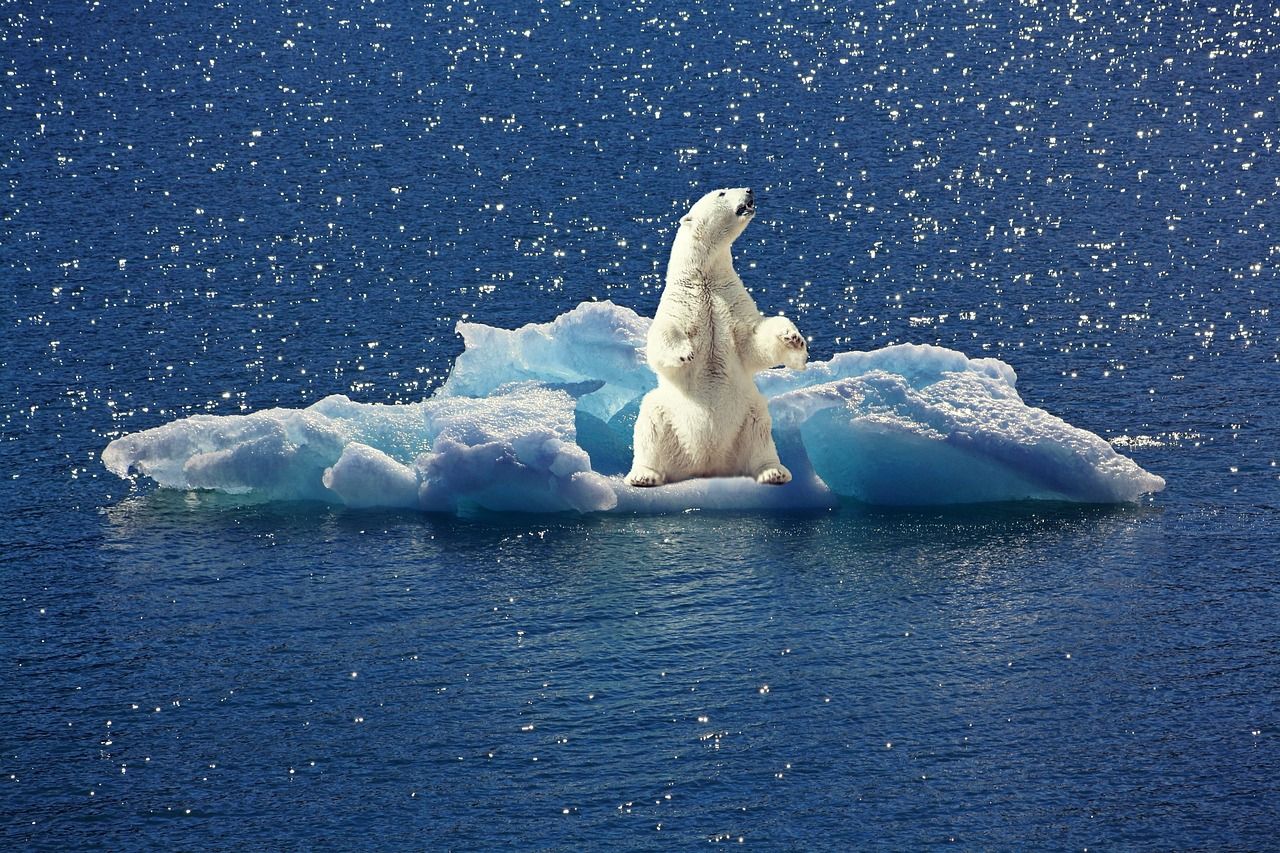The Arctic might become ice-free as soon as 2035!
Published by Cédric,
Article author: Cédric DEPOND
Source: Nature Reviews Earth & Environment
Other Languages: FR, DE, ES, PT
Article author: Cédric DEPOND
Source: Nature Reviews Earth & Environment
Other Languages: FR, DE, ES, PT
Follow us on Google News (click on ☆)

Illustration image Pixabay
According to this research, between 2035 and 2067, the month of September could regularly have no ice in the Arctic region. However, "ice-free" does not mean a total absence of ice, but rather a reduction to less than 620,000 square miles (about one million square kilometers), or approximately 7% of the total area of the Arctic Ocean.
The accelerated melting of sea ice, due to greenhouse gas emissions, will transform the Arctic Ocean from a white landscape in summer to a blue ocean. This disappearance of ice will have dramatic consequences on both the local and global environment.
Polar bears, seals, and walruses, which depend on sea ice for their habitat and feeding grounds, will be severely threatened. Moreover, the reduction in ice will lead to an increase in the albedo of the region (its capacity to reflect sunlight, allowing part of this energy to be sent back into space), further amplifying global warming. Higher waves may also accelerate coastal erosion.
The repercussions also extend to human communities living near the Arctic region. Sea ice plays a crucial role in protection against waves and storms, and its disappearance will expose them more to natural disasters and coastal erosion.
However, there is still a glimmer of hope: Arctic sea ice is resilient and can reform quickly if greenhouse gas emissions are reduced. But to avoid a prolonged absence of ice in the Arctic, it is imperative to keep emissions as low as possible. Thus, although the melting of Arctic sea ice is inevitable, the frequency and severity of this phenomenon depend on our actions to reduce greenhouse gas emissions.